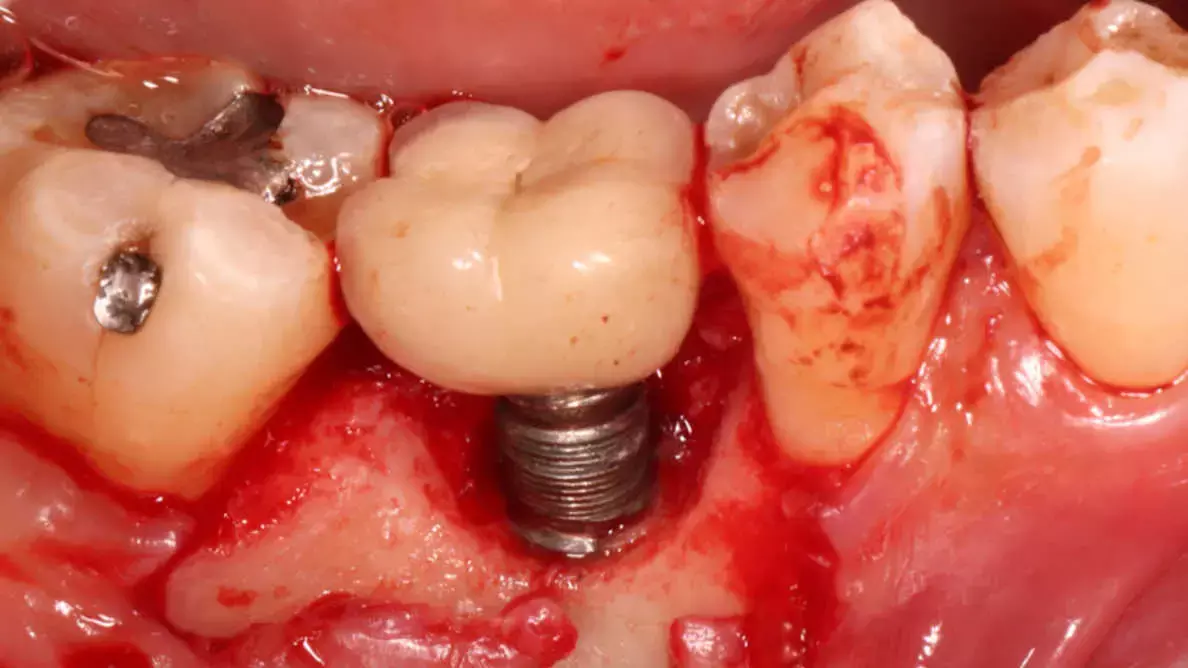- Home
- Medical news & Guidelines
- Anesthesiology
- Cardiology and CTVS
- Critical Care
- Dentistry
- Dermatology
- Diabetes and Endocrinology
- ENT
- Gastroenterology
- Medicine
- Nephrology
- Neurology
- Obstretics-Gynaecology
- Oncology
- Ophthalmology
- Orthopaedics
- Pediatrics-Neonatology
- Psychiatry
- Pulmonology
- Radiology
- Surgery
- Urology
- Laboratory Medicine
- Diet
- Nursing
- Paramedical
- Physiotherapy
- Health news
- Fact Check
- Bone Health Fact Check
- Brain Health Fact Check
- Cancer Related Fact Check
- Child Care Fact Check
- Dental and oral health fact check
- Diabetes and metabolic health fact check
- Diet and Nutrition Fact Check
- Eye and ENT Care Fact Check
- Fitness fact check
- Gut health fact check
- Heart health fact check
- Kidney health fact check
- Medical education fact check
- Men's health fact check
- Respiratory fact check
- Skin and hair care fact check
- Vaccine and Immunization fact check
- Women's health fact check
- AYUSH
- State News
- Andaman and Nicobar Islands
- Andhra Pradesh
- Arunachal Pradesh
- Assam
- Bihar
- Chandigarh
- Chattisgarh
- Dadra and Nagar Haveli
- Daman and Diu
- Delhi
- Goa
- Gujarat
- Haryana
- Himachal Pradesh
- Jammu & Kashmir
- Jharkhand
- Karnataka
- Kerala
- Ladakh
- Lakshadweep
- Madhya Pradesh
- Maharashtra
- Manipur
- Meghalaya
- Mizoram
- Nagaland
- Odisha
- Puducherry
- Punjab
- Rajasthan
- Sikkim
- Tamil Nadu
- Telangana
- Tripura
- Uttar Pradesh
- Uttrakhand
- West Bengal
- Medical Education
- Industry
Peri-implantitis leading cause for implant removal finds study

Peri-implantitis is the leading cause for dental implant removal (IR), according to a study published in the Journal of Periodontology
A cross-sectional study was designed to shed light on the clinical sequelae and patient satisfaction after dental implant removal (IR).
Patients undergoing ≥1 IRs were eligible. The reasons for implant failure, clinical and radiological parameters before and after IR, and the surgical and prosthetic treatments offered after IR was assessed. Patient satisfaction was recorded and the Oral Health Impact Profile (OHIP)-14 was used to document patient self-reported dysfunction and discomfort attributed to IR. Lastly, patient expectations after IR were also evaluated.
The Results of the study are as follows:
- Thirty-one patients with 45 implants were analyzed.
- Peri-implantitis was the main reason for IR (64.5%).
- The average implant survival time before IR was 120.3 ± 88.2 months. Signs of infection (51.7%) and bleeding on probing (37.5%) were common signs detected at the time of IR.
- Guided bone regeneration was the intervention most applied simultaneously to IR (74.1%).
- The reported degree of satisfaction was high, and the overall OHIP-14 score was low.
- However, a certain patient reluctance to undergo future implant placement in the same clinic or with the same professional was recorded, and a statistically significant increase in adherence to the implant maintenance routine was observed after IR.
Thus, the researchers concluded that peri-implantitis is the leading cause for IR. Guided bone regeneration is commonly applied to attenuate the clinical sequelae of IR. Nonetheless, IR does not seem to affect patients' satisfaction nor their quality of life, though a certain patient reluctance to undergo future implant placement in the same clinic or with the same professional was reported.
Reference:
Clinical sequelae and patients' perception of dental implant removal: A cross-sectional study by Jordi Gargallo-Albiol et al. published in the Journal of Periodontology
Dr. Shravani Dali has completed her BDS from Pravara institute of medical sciences, loni. Following which she extensively worked in the healthcare sector for 2+ years. She has been actively involved in writing blogs in field of health and wellness. Currently she is pursuing her Masters of public health-health administration from Tata institute of social sciences. She can be contacted at editorial@medicaldialogues.in.
Dr Kamal Kant Kohli-MBBS, DTCD- a chest specialist with more than 30 years of practice and a flair for writing clinical articles, Dr Kamal Kant Kohli joined Medical Dialogues as a Chief Editor of Medical News. Besides writing articles, as an editor, he proofreads and verifies all the medical content published on Medical Dialogues including those coming from journals, studies,medical conferences,guidelines etc. Email: drkohli@medicaldialogues.in. Contact no. 011-43720751


